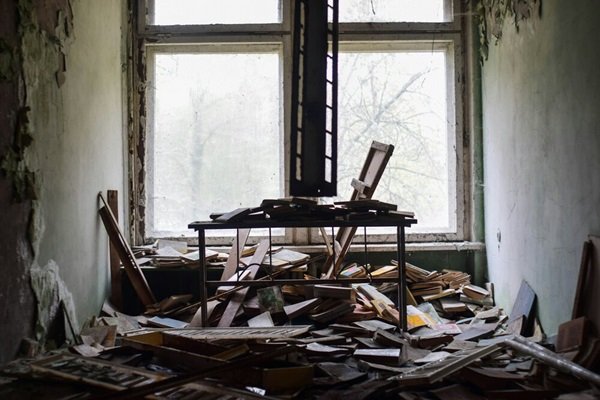What is squalor?
In a recent article we spoke about hoarding and how this is different from not being very organized. Hoarding is a newly acknowledged mental illness and something that society, organisations, councils and everyday people are starting to see as a serious problem requiring serious help and resources. There is yet another level to this which is Squalor. So now we have everyday people that might be a bit less organised than they would like to be, we have people that actually suffer from Hoarding illness and we have a subset of individuals that live in squalor. Squalor means that there is no clear grouping and idea behind the accumulation of stuff. Stuff is just being kept because it cannot be thrown away.
There are two types of Squalor; wet and dry.
The impacts of living in squalor
If someone lives in Squalor, it is likely that it is impacting the health of that individual and most often we find as a society, a neighbour or a council that we need to reach out and facilitate a process out of squalor. As on all spectrums and scaled illnesses the more narrow focussed we become the less people fall into the category, however getting out of Squalor requires allot of external help. This requires most likely a multiagency approach with a battery of specialist services and help. In most cases there is again some psychological reason for the Squalor to have occurred and this need to be addressed. There could also be a range of physical health reasons contributing or being a result of squalor.
Learning about the real issues of hoarding and squalor
The idea behind the last two articles is that clutter, hoarding and squalor are real issues in society and for individuals. No one size solution fits all and in all categories different individuals will require different approaches and have different ways that their living spaces have become like they are. Irrespective of the category someone falls into, there is help available and for those in need of help things are looking up as more specialists are emerging and more acknowledgment of these issues makes it easier, faster and more productive to help individuals.
Take it slow
Get support and work on Decluttering one day at a time.

